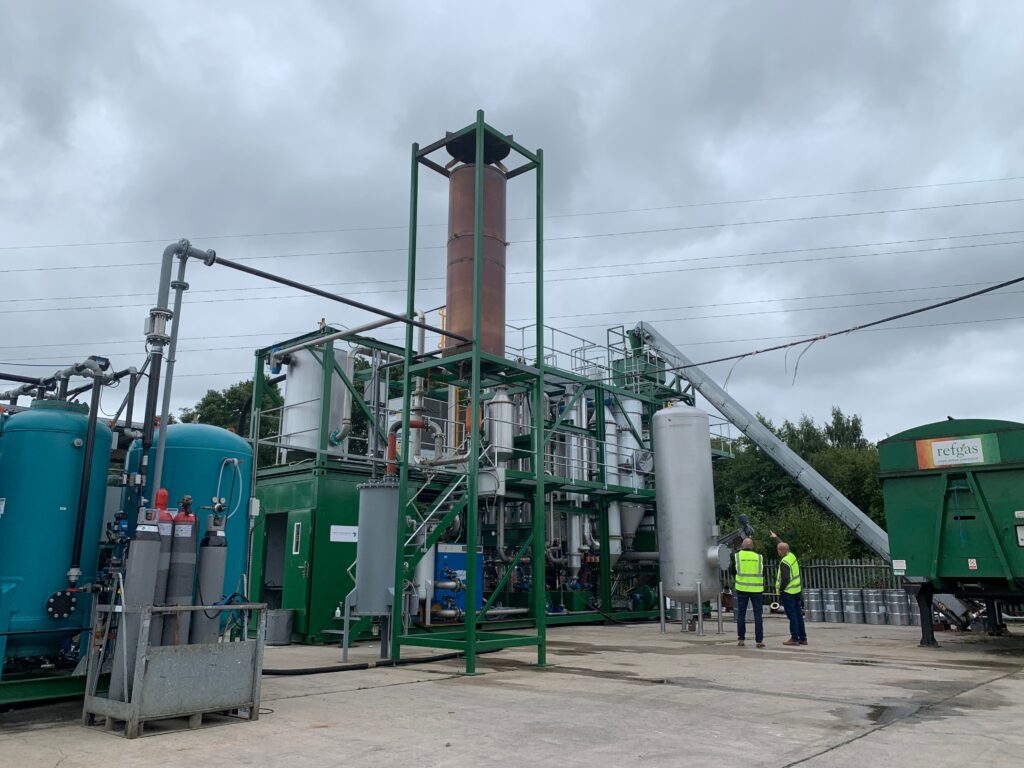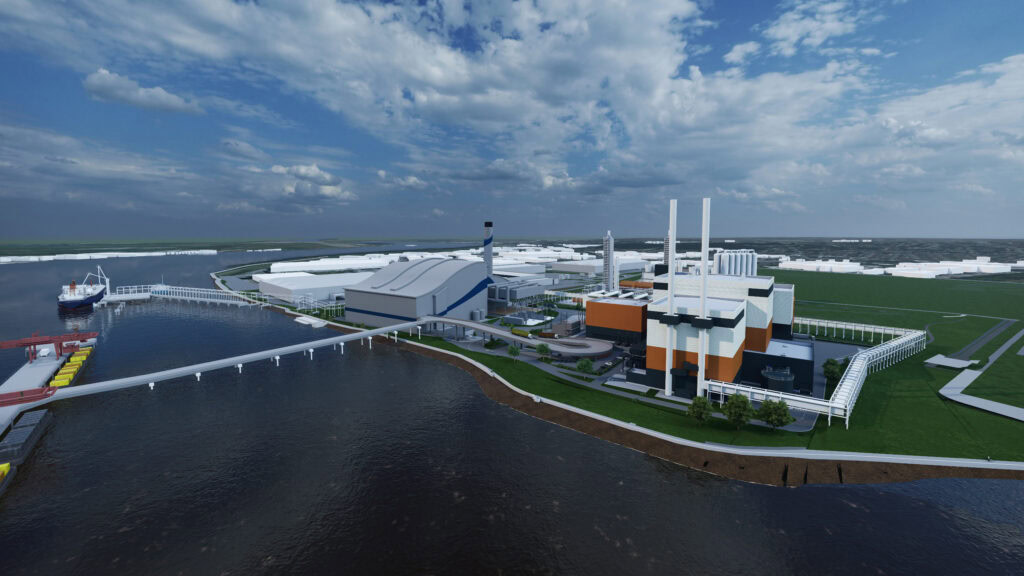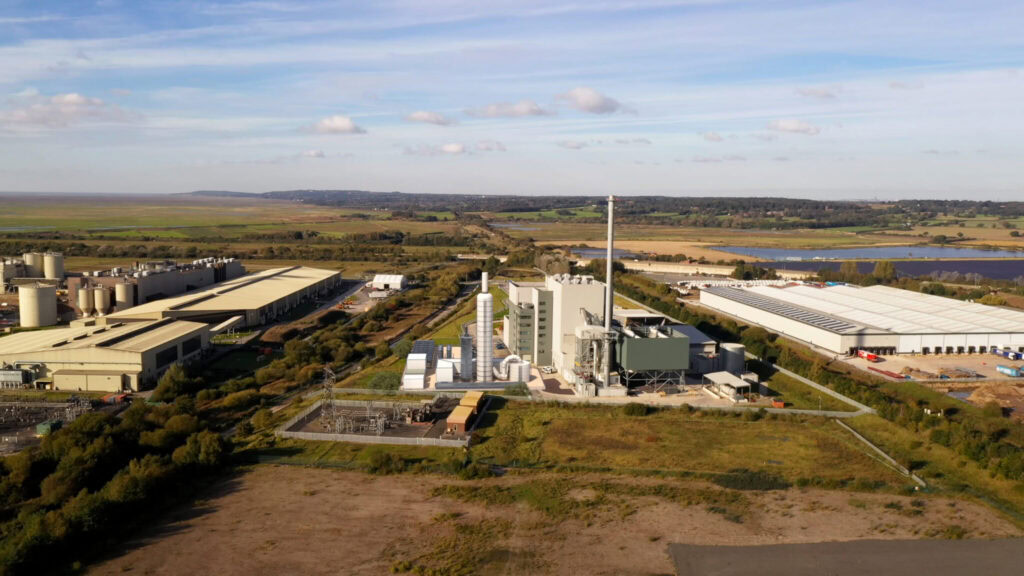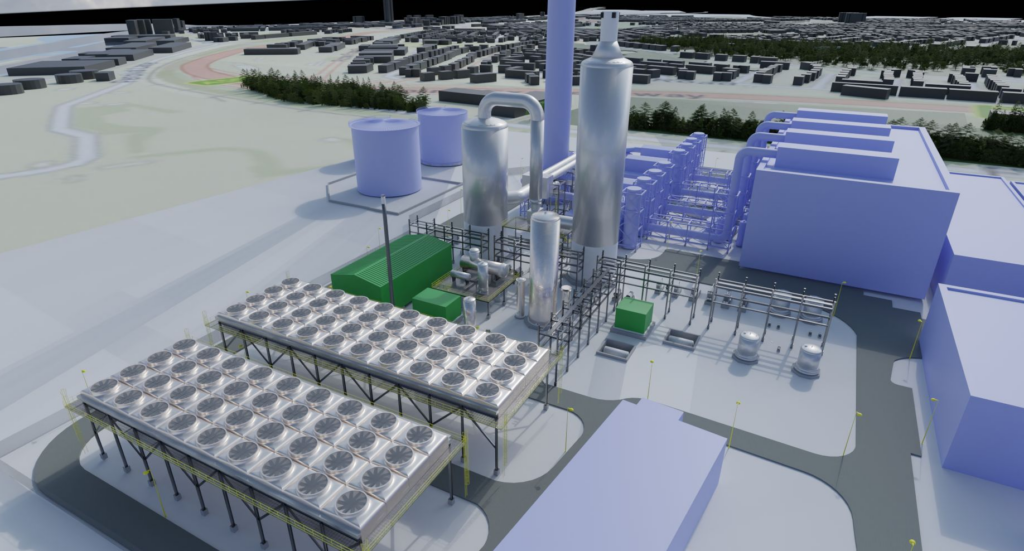The Deeside-based firm explained in a statement that it was awarded £3,979,113 from the Bioenergy with Carbon Capture and Storage Innovation Programme, run by the Department for Energy Security and Net Zero. This follows a first round of funding in which CSS said it won £246,568.
The funding is set to help CSS “build a full-scale rig to show that water can be used to separate and store carbon dioxide during the advanced gasification process” that the company has developed. This will be used to “generate hydrogen gas from waste products such as waste wood and other selected non-recyclable materials”. CSS noted that this has previously been achieved with amines, a potentially harmful compound derived from ammonia.
According to CSS, the project will see the rig run continuously for 1,000 hours, testing the technology and getting it ready for commercialisation. A single module is planned to produce 750 kilograms of hydrogen every day, enough to fuel a fleet of HGVs, and capture around 1,600 kilograms of carbon dioxide.
‘Achievement’
Commenting on the announcement, managing director of Compact Syngas Solutions Paul Willacy said: “Winning a second round of funding is an incredible achievement for the team, as we were up against some stiff competition.
“We are delighted that we can now scale up technology into a commercial-scale demo plant, and we are actively looking for further investment to support rollout in the next couple of years. Hydrogen has a very low environmental impact, but this project will help deal efficiently with the CO2 that emerges during its production.”
The company looks to build more than 50 hydrogen modules at around 15 sites, ranging from a single module to six per site to suit local demand. These 50 modules are planned to annually produce 11,000 tonnes of hydrogen, and capture 29,000 tonnes of carbon dioxide.
Carbon footprint
Capturing and storing the carbon dioxide from the process reduces the carbon footprint of hydrogen produced, the company said .CSS’ existing technology converts waste products into syngas, which can then be used to produce hydrogen for use as a more sustainable fuel as well as for use in a gas engine that generates energy to power to power the process and export surplus to the grid.










Subscribe for free